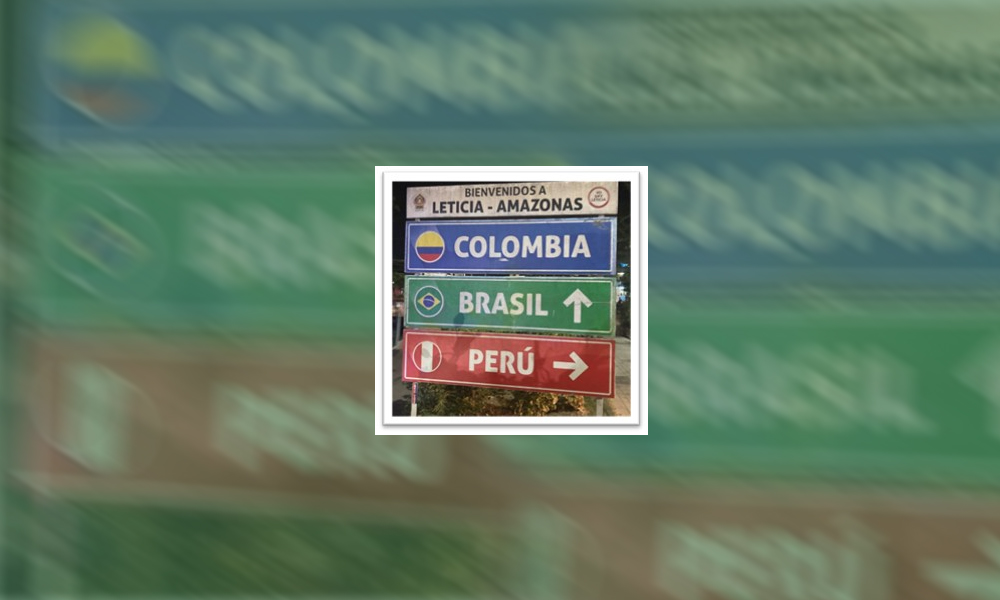In the realm of scientific research, leadership skills often take a backseat to technical training. We often forget that soft skills are necessary to increase the reach and impact of science. Recognizing this gap, the Science Leadership Latin America and the Caribbean (LAC-SLP) program emerged as a pilot initiative, addressing the unique challenges faced by young researchers in the region. This blog post will delve into the essence of LAC-SLP, its transformative impact, and the significance of context in shaping the program’s approach.
Unveiling the LAC-SLP
The LAC-SLP is an immersive nine-month program designed specifically for the region by Latin American scientists. For the first time, Latin America witnessed a comprehensive program crafted in Spanish, enabling participants to reflect on and analyse the existing challenges faced by young researchers. The primary objective? To devise concrete steps and policy briefs aimed at tackling these obstacles head-on, thereby positively impacting the research ecosystem. We also aim to build a collaborative network of LAC science leaders who share best practices and advocate for science as a group.
A Collaborative Endeavor
The LAC-SLP comprises a series of engaging online sessions featuring forums, workshops on policy briefs, science communication and insights from science advocates across Latin America. Participants gain invaluable knowledge from these exchanges, leveraging experiences of experts in research systems with governments and other stakeholders. Complementing these virtual interactions, an in-person workshop was held in the city of Leticia, Columbia, further enriched the program’s impact.
Selecting the Fellows
With over 260 applications pouring in from diverse countries in Latin America and the Caribbean, the program carefully selected 20 outstanding fellows representing ten countries and a wide range of fields, including health sciences, biology, social sciences, chemistry, physics, engineering, biotech, and education. Our selection criteria included our own definition of early-mid career researcher: an age limit of 45 years old, which in our opinion, reflects the career trajectory of LAC researchers. This characteristic also creates exclusion of LAC researchers from many career opportunities designed in the Global North.
Context Matters
Leticia, the chosen venue for the in-person workshop, played a pivotal role in underscoring the significance of context. Situated amidst the awe-inspiring Amazon rainforest, Leticia epitomizes the Latin American identity and served as a potent reminder of the need to address the challenges faced by the marginalised and underserved communities residing in this region. By moving away from the centralised model that often characterizes scientific endeavors in Latin America, the LAC-SLP embraced a decentralisation approach, reconnecting participants with their local communities and territories.
A Collective Transformation
The LAC-SLP journey proved to be a collective and transformative experience, leaving an indelible impact on the fellows and organizers alike. The in-person workshop facilitated profound reflections, fostering connections between individuals and indigenous communities. A visit to a maloca, a hub for indigenous dialogue and collective reflection, epitomised the program’s essence, emphasising the power of active, open listening and mutual exchange.
Key Takeaways
Designing a program like LAC-SLP demands a holistic understanding of the local context. Age considerations, recognizing the longer undergraduate education in Latin America, became an essential element of inclusivity, enabling aspiring scholars to be eligible for global programs.
Additionally, the decision to hold the in-person workshop in Leticia exemplified the program’s commitment to reaching underserved communities and reinforcing the notion that impactful science extends far beyond the capital cities.
The Science Leadership Latin America and the Caribbean program stands as a testament to the transformative power of contextually grounded initiatives. By empowering young researchers and nurturing their leadership potential, the LAC-SLP is igniting a new wave of science advocacy, ensuring a brighter future for Latin America and the Caribbean. The echoes of this transformative journey will undoubtedly resonate throughout the scientific community, fostering collaboration, inclusivity, and a profound commitment to making a lasting impact on society.
